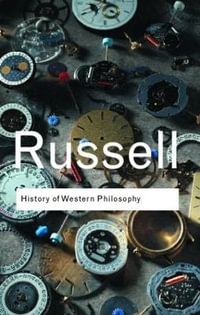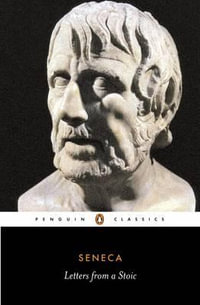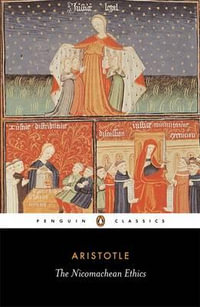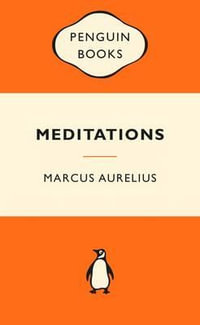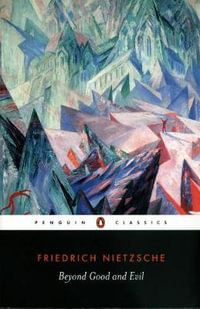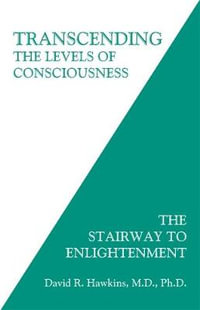Philosopher, theologian, educational theorist, feminist and political pamphleteer, Mary Astell was an important figure in the history of ideas of the early modern period. Among the first systematic critics of John Locke's entire corpus, she is best known for the famous question which prefaces her Reflections on Marriage: 'If all men are born free, how is it that all women are born slaves?' She is claimed by modern Republican theorists and feminists alike but, as a Royalist High Church Tory, the peculiar constellation of her views sits uneasily with modern commentators. Patricia Springborg's 2005 study addresses these apparent paradoxes, recovering the historical and philosophical contexts to her thought. She shows that Astell was not alone in her views; rather, she was part of a cohort of early modern women philosophers who were important for the reception of Descartes and who grappled with the existential problems of a new age.
Industry Reviews
"Patricia Springborg is to be commended for having done the most work on that scintillating political thinker, Mary Astell, and having done it with superlatively high standards."
-Jane Duran, University of Santa Barbara
"In this book, which draws on her earlier publications, [Springborg] works to insert Astell into the canon writ large, presenting an engaging picture of the relevant social, historical and political contexts. She is particularly adept at isolating moments of philosophical dispute, explaining the views, pressures, and goals of the individual players and re-dramatizing the debates, attending to both the rhetoric and logic of argument."
-Alice Sowaal, Journal of the History of Philosophy
"It remains[...]that Springborg's research played-and with this book, will continue to play-a crucial part in igniting sophisticated critical debate about Astell's writings[...]Springborg has performed an inestimable service for Astell studies and for the study of early modern women philosophers in general."
-Jacqueline Broad, Monash University, American Historical Review

